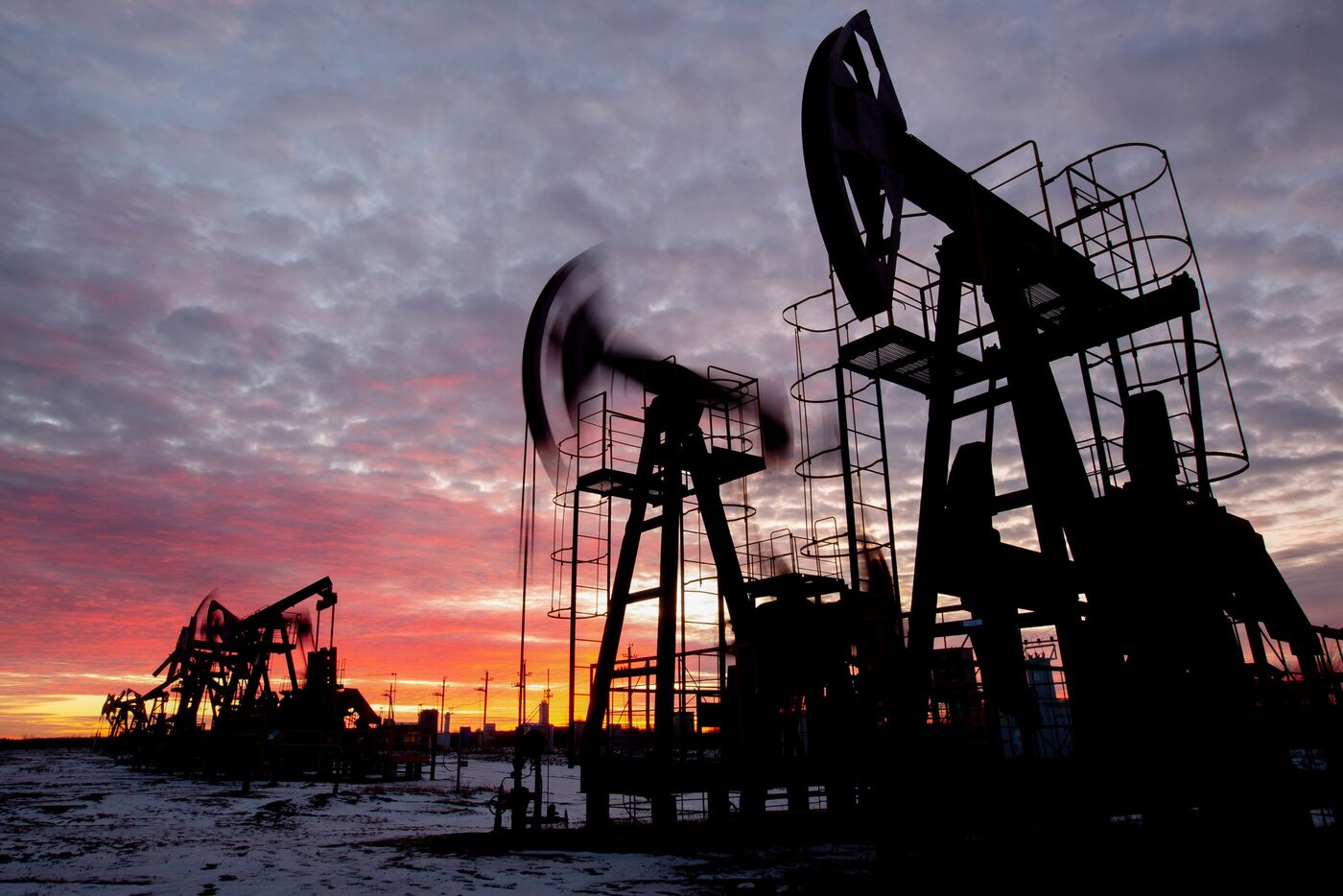In an announcement on Wednesday, Russian President Vladimir Putin indicated that the oil supply cuts imposed by Saudi Arabia and Russia, effectively withholding 1% of global demand, are likely to persist. This development comes amidst concerns in the market that the Israel-Hamas conflict could propel crude oil prices to $100 per barrel.
The extension of these production cuts stands to bring substantial benefits to Russia, particularly given the decline in its gas sales to Europe following last year’s invasion of Ukraine. Meanwhile, the anticipated surge in crude oil prices may pose challenges for Western leaders grappling with the task of curbing inflation.
Speaking at an industry conference in Moscow, President Putin underscored the significance of Russia’s collaboration with Saudi Arabia in maintaining oil supplies. He described this agreement as “crucial for ensuring predictability in the oil market and, ultimately, for the welfare of all humanity.”
The world’s top two oil-exporting nations convened in Moscow on Wednesday to address global market conditions in the wake of an unexpected attack by Hamas militants on Israeli civilians over the weekend.
Russia’s Deputy Prime Minister, Alexander Novak, alongside the Kremlin’s leading oil official, and Saudi Arabia’s Energy Minister, Prince Abdulaziz bin Salman, gathered in Moscow ahead of Russia’s energy week conference.
Hamas’s surprise offensive last weekend triggered a notable surge in the global benchmark oil price, with an increase of nearly $4 per barrel, equating to more than 4%, bringing the price to $88. Traders speculated that a broader escalation of conflicts in the Middle East could disrupt oil supplies.
Magid Shenouda, the Deputy CEO of the prominent commodity trading company Mercuria, expressed his concerns at an industry conference in the United Arab Emirates, suggesting that if the Middle East situation intensified, the oil price might climb to $100 per barrel. He remarked, “Under normal circumstances, not many analysts foresaw a $100 price point. Recent events have cast a shadow on the potential trajectory of things.”
Crude oil prices previously reached $90 per barrel last month after the world’s major oil producers announced an extension of their coordinated production cuts until December, aimed at shoring up oil prices.
Saudi Arabia and Russia have jointly agreed to continue withholding 1.3 million barrels per day, equivalent to over 1% of global demand, from the oil market until the year’s end. This decision has posed challenges for world leaders dealing with inflation concerns.
President Putin expressed that actions by certain western elites have introduced uncertainty into the global energy and oil markets. He highlighted the negative repercussions of such politically motivated actions on the global economy, emphasizing the need for correction by responsible market participants.
Additionally, Saudi Arabia stated its commitment to work with regional and international partners to prevent further escalation of the situation in Gaza and Israel while reiterating support for efforts to maintain stability in oil markets.
(Source: Jillian Ambrose | The Guardian | The Telegraph |









